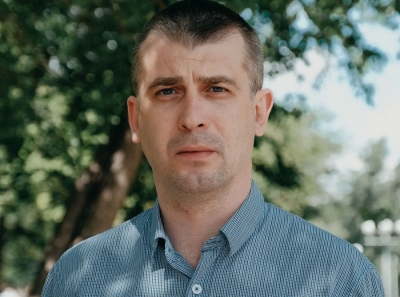Rhythmic Royalty: Exploring the Vibrant World of King Ayisoba
King Ayisoba: Unraveling the Sonic Legacy of Ghana's Musical Maverick
King Ayisoba
In the heartlands of Ghana, where the rhythms of life echo through the hills and valleys, one man stands tall, his music a testament to the soul of the land. King Ayisoba, a maestro of traditional Ghanaian music, isn't just a musician; he's a living bridge between the ancient melodies of his homeland and the contemporary beats of the world stage.
Born in the Upper East Region of Ghana, Ayisoba's journey to musical prominence was anything but conventional. Growing up in the small village of Bongo, he was immersed in the rich cultural tapestry of the region from an early age. The sounds of the kologo, a traditional two-stringed instrument, reverberated through the air, accompanied by the rhythmic chants of his community. It was here that Ayisoba's musical odyssey began.
With a fervent passion for his heritage, Ayisoba dedicated himself to mastering the kologo, a task that would become the cornerstone of his artistic identity. His early years were spent honing his craft, learning the intricacies of rhythm and melody from local masters. But Ayisoba was not content with merely replicating the sounds of the past; he sought to reinvent them, infusing traditional melodies with a contemporary flair.
In the early 2000s, Ayisoba burst onto the Ghanaian music scene with a style that was as bold as it was groundbreaking. His fusion of traditional kologo music with elements of hip-hop, reggae, and electronica captivated audiences far and wide. Tracks like "I Want to See You My Father" and "Modern Ghanaians" became anthems for a new generation, their infectious rhythms transcending cultural boundaries.
But it wasn't just Ayisoba's music that captured the imagination; it was his persona. With his distinctive appearance – adorned in traditional attire, his face painted with intricate designs – he cut a striking figure on stage. His performances were electrifying, a whirlwind of energy and emotion that left audiences spellbound.
Yet, for all his success, Ayisoba remained rooted in his roots. He used his platform to shine a spotlight on issues facing his community, from poverty and social injustice to environmental degradation. His lyrics spoke of resilience and hope, echoing the spirit of a people who had endured hardships for generations.
Today, King Ayisoba's legacy looms large over the Ghanaian music scene. He is not just a musician but a cultural icon, a symbol of pride for his homeland. His music continues to inspire and uplift, reminding us of the power of tradition in a rapidly changing world. As long as the kologo echoes through the hills of Ghana, the spirit of King Ayisoba will endure.








